How to prepare for a phone interview
Posted October 11, 2016
A phone interview is generally the first step in the recruitment process after applying for a new IT position. As a recruiting agency, we use phone interviews to see how suited you would be for an IT job, and employers use them to screen candidates and shortlist the candidate that they think will be most suited for a role. While you're actively job searching, it's important to be as prepared as you can for a phone interview on a moments notice. When applying for positions, try and keep a list of the ones you have applied for. Research the job and the company so you are prepared to discuss the company and the role if required. There are many ‘question and answer' websites that you can use as a guide for questions that might be asked during an interview. They can be of great assistance when those tricky questions come up that you find difficult answering. In addition, make sure you have a list of the questions that you may consider asking the interviewer.
Confirm the phone interview details
Before the interview phone call, make sure you confirm all the details including the date, time and who you will be talking to. One of the best ways to remember the details is to repeat them back to the person who originally set up the interview. Sometimes the person contacting you regarding the phone interview may not be the same person conducting the actual interview. Be sure to confirm whether the interviewer is calling you, or if you need to call them. Here at Paxus, we will quite often set up the interview for you.
Selecting an interview space
Choose a place that is quiet, comfortable and private. If you're at home, eject kids, spouses, significant others, parents, pets and anyone else who is in the house that could make noise in the background that may be distracting or make it difficult to hear. Have your resume on hand so that if you need to refer to it you can. Also, have a shortlist of your qualifications and skills specific to the job you're interviewing for close at hand. This will act as a ‘cheat sheet' and can help you respond to any questions without fumbling for words or trying to think on the spot. A notepad and pen can be handy, to note down important information or comments. It's also a good idea to turn call waiting off on your phone and be sure to use a landline phone if possible so that your mobile phone can't drop out or have any reception issues.
Use correct phone interview etiquette
This is paragraph text. Click it or hit the Manage Text button to change the font, color, size, format, and more. To set up site-wide paragraph and title styles, go to Site Theme.
Answer the phone yourself, let family members and/or roommates know you are expecting a call and it's important to you. When you answer the phone, answer with your name so the interviewer knows they have got a hold of the right person. Listen to the interviewer and don't interrupt. If you have something you want to say, jot it down on your notepad and mention it when it's your turn to talk. Interjecting the interview is rude. If there are two parts to the question write down the main points so that you don't forget to answer all parts of the question. Take the time to gather your thoughts when answering a question, don't worry most interviewers are used to this but don't leave too much dead air. Don't be afraid if you need the interviewer to repeat a question - it is better to repeat the question and get it right rather than rambling an answer you think might be correct. Interviewers will take into consideration that you may be nervous during the interview.
Use professional communication skills
During the phone interview, you'll need to sound as professional as you can, as if you were meeting the interviewer face to face. Below are some tips and tricks to ensure you present well:
- Don't chew chewing gum, mints or eat while you're on the phone – it can be heard through the phone mouthpiece and you don't want to be coughing, choking and spluttering during an important question.
- Have a glass of water close by, in case you need a sip or two during the conversation.
- Consider standing up as an option - your focus may be improved when you're standing. People also find it easier to express themselves while standing as if they are conducting a presentation.
- Keep smiling during the interview. Smiling will give you an upbeat tone in your voice and project a positive image to the listener.
- Speak slowly and clearly. Try to get your pronunciation as clear as possible. People tend to speak quickly during a phone conversation and it can be hard to tell if the other person is able to hear and understand what you are saying.
- Don't ramble on so the interviewer can't interject or ask more questions. The interviewer may have missed your point and may need to ask questions.
Send a thank-you note
At the end of the interview, thank the interviewer and ask what the next step in the process will be. Ask for the interviewer's email address or ask them to email you an e-business card. Send out a note straight away, thanking the interviewer and reiterating your interest in the role. It's important to show your appreciation for the interview regardless of how you think the interview was conducted.
Keep reading
Ready to succeed in your phone interview? Well, here are some questions for you to ask them!










